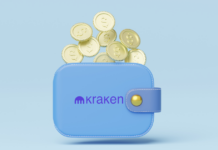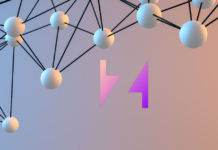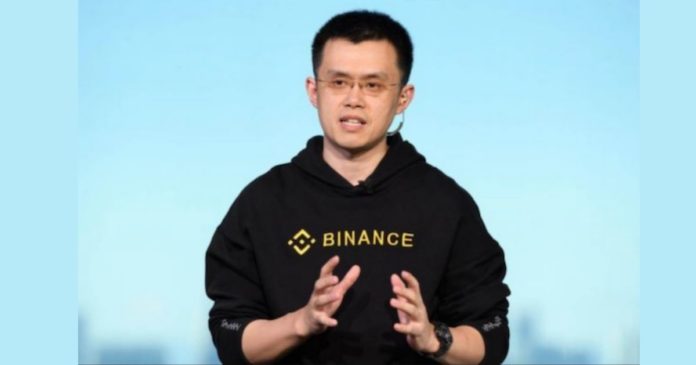Decentralized Finance is an emerging and fast-rising development in blockchain, a development that could change the direction of the blockchain industry. This shift is gradually affecting the blockchain space and even Binance CEO Changpeng Zhao can attest to this change.
Changpeng “CZ” Zhao, the high-profile CEO of Binance, the largest cryptocurrency exchange in the world, acknowledges that DeFi is certainly disrupting the world of centralized finance (CeFi) exchanges.
While speaking in a video interview, Zhao attested to the fact that the emerging DeFi sector in blockchain could overmatch the Binance business. It is pertinent to note that the Binance cryptocurrency exchange is highly centralized. Zhao pointed out that “our mission is not to build a CeFi exchange.”
However, he added, “Right now it is one of our larger businesses that support our growth. But over the long term, we want to push decentralization.”
Binance moves towards DeFi
In its attempt to embrace DeFi, the company has introduced the Binance Smart Chain. This smart chain has some features of the Ethereum blockchain. These features have worked effectively for developers that have built decentralized applications that are used for blockchain-based trading and lending.
Proponents of DeFi say these decentralized applications could challenge Wall Street trading firms and other traditional lenders in the future. Likewise, DeFi is mounting a challenge to the large, centralized crypto exchanges like Binance.
In order to develop the Binance Smart Chain, Binance had to jettison centralization components. This move towards decentralization for Binance Smart Chain was done to allow competition with Ethereum whilst also serving to protect the company’s brand. The company is showing that it is not willing to rest on its laurels. Instead, it is taking advantage of the latest disruptive technologies to come along in the blockchain and cryptocurrency ecosystem.
Of course, Binance is not completely surrendering control by creating the Binance Smart Chain and embracing DeFi protocols. It should be noted that the new blockchain is governed by 21 node operators, and these operators just happen to be elected by holders of BNB, Binance’s native token. Binance itself is one of the largest holders of BNB, which means the exchange will exert considerable control over the development of Binance Smart Chain.
In the interview, Zhao states, “There is a trade-off between decentralization versus speed. So we thought that 21 nodes run by the community are probably enough.”
He also added that he’s open to the fact that Binance may have to adopt decentralization to stay relevant in business. This is in light of the massive surge seen this year in the DeFi space. The total collateral locked into DeFi protocols has skyrocketed from $691 million at the start of 2020 to the current total of almost $11 billion.
“There are people who are really more into more decentralization. They will probably stick with Ethereum,” says Zhao. He also added that being “the Ethereum Killer” is not the goal of Binance Smart Chain. However, he says the goal of Binance Smart Chain is to offer an alternative to those smarting from increasingly higher Ethereum transaction fees.
Recently, Binance announced that its United States counterpart, Binance.US, is joining the Chicago-based DeFi Alliance.




























